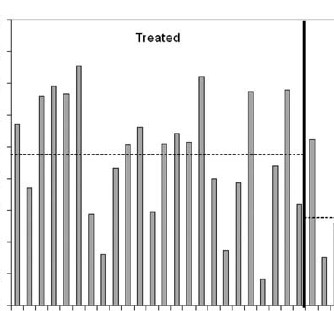Effects of Distant Intention on Water
This paper describes an experiment to test the effects of a “prayer for water” on the molecular structure of water. The experiment involved exposing water to a shielded chamber with the words of the prayer overlaid on a photo, and analyzing the water’s molecular structure before and after the prayer. The results showed significant changes in the water’s molecular structure after the prayer, suggesting that the prayer had an impact on the water.
This experiment was performed by Masaru Emoto (et al.), a Japanese businessman, author, and, according to Wikipedia and many mainstream orthodox scientists, a pseudo-scientist, after his 2004 New York Times best-selling book “Messages in Water” was published and wherein he claimed that human consciousness could affect the molecular structure of water.
The tholonic position on Emoto’s claim is:
His experiments, although not perfectly ‘scientific’ by current definitions, raise enough questions to justify further research.
The tholonic claims of “everything is awareness”, “consciousness is a contextual instance of awareness”, and ,”the interactions of consciousness create information and give rise to intelligence”* make Emoto’s claim a vast understatement.
Unless the consciousness of the participants (including non-human) is taken into account, the results of any test are not only inconclusive but perpetuate the false concept that reality is something we observe and are not an active participant in.
Chapter 11 of the book THOLONIA covers this in more detail and has other examples, including the famous (or infamous) case where Jacques Benveniste, a French immunologist who worked at the Institute of Health and Medical Research (INSERM) in 1988, published a paper in Nature concluding that the configuration of molecules in water was biologically active even in the absence of the elements that caused that configuration. It also covers the eye-opening reaction by then Nature editor John Maddox, who responded in a very un-scientific manner but a manner wholly supported by the self-appointed high priests of scientific knowledge.
